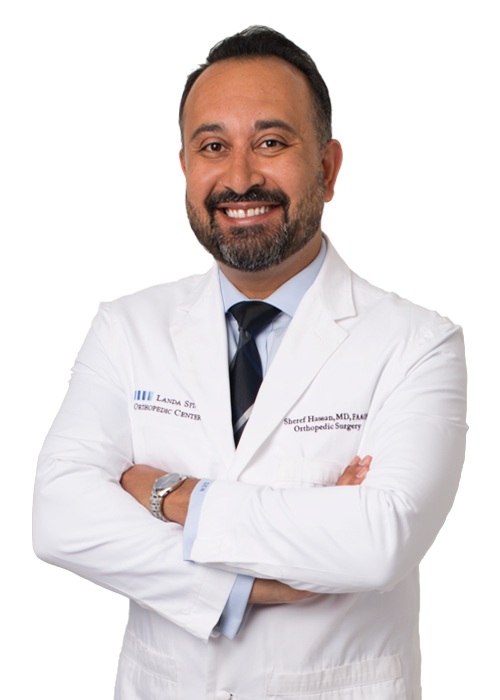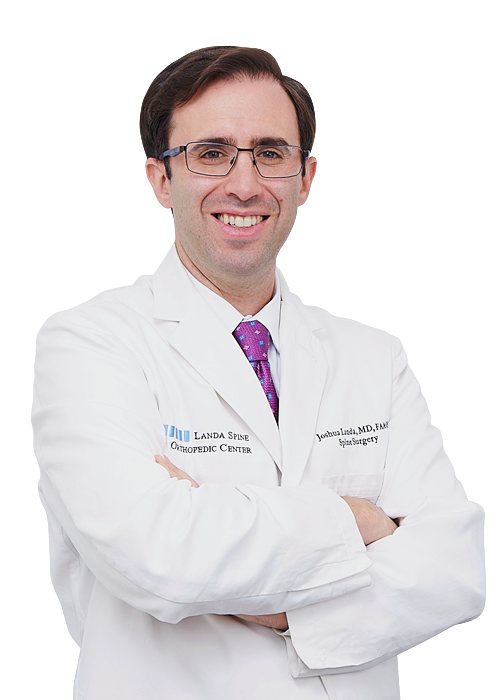Now Open and Accepting Patients in Jersey City
Preparing for Surgery
Preparing for Surgery
You are about to have surgery. This form is intended to guide you to a safe and successful operation. We strive for the highest level of patient satisfaction, so please do not hesitate to call us if you have any questions or concerns. If you experience any problems, please let us know so we can correct the issue.
Medications
If you take anticoagulants such as Aspirin, Warfarin, Coumadin, Plavix, Heparin, Ticlid or Lovenox, your primary care physician must be consulted before discontinuing before scheduling surgery.
- Stop all herbal medications, Vitamin E, diet pills, Multivitamins, and NSAIDs such as Motrin, Ibuprofen, Advil, Nuprin, Aleve, Naprosyn or Naproxen 7 to 10 days prior to surgery.
- Stop all cholesterol-lowering medications, Lipitor, Zocor, Pravachol, 48 hours before surgery.
- Do not take any diuretics or water pills the morning of surgery.
- Do not take these medications the morning of surgery: Benazepril, Captopril, Alapril or Quinapril.
- You may choose any heart, seizure, pain and blood pressure medications the morning of surgery with a sip of water unless otherwise indicated by the pretest center.
- You may use prescribed inhalers, and you must bring them with you the day of surgery.
- If you have diabetes, do not take any diabetic pills or insulin the morning of surgery.
Skin Preparation
- Do not shave the day of surgery. Shaving can cause small abrasions or nicks in the skin, which allows germs to enter. If you want to shave, it must be done the night before surgery.
- Do not use any creams, lotions, powders or underarm deodorant in the area where your operation will take place. These items interfere with the solution used to prepare your skin in the operating room.
The Evening Before Surgery
- Take a shower and wash your entire body with antibacterial soap. Work the soap up into a lather. Wash your body, especially the surgical area, with a clean, fresh washcloth. Rinse thoroughly because soap can leave a film, which may interfere with the antiseptics used to clean the skin in the operating room.
- Dry body with a clean, fresh towel. Wear clean pajamas to bed.
The Morning Of Surgery
- Take a shower or rewash the surgical area with antibacterial soap. Work into a lather and clean the body or surgical site with a clean, fresh washcloth. Again, rinse thoroughly, dry your body with a clean, new towel, and put on clean, fresh clothes.
Additional Instructions
- Do not eat or drink anything after midnight the day before surgery, or the morning of surgery (except for certain morning medications as mentioned above). This includes candy, mints, coffee, water, gum, and cigarettes.
- Do not wear any jewelry, make-up, nail polish, hair clips or contact lenses the day of surgery. Bring your contact lens case and cleaning solution to the hospital if you wear contacts.
- Do not bring any valuables with you to the hospital or they will have to be placed with security or left with the accompanying person.
- It is recommended that you wear loose, comfortable clothing to the hospital the day of surgery. Wear something that is loose enough to fit over the operated site that may have a bandage over it, especially if you are going home the same day.
Presurgical Testing
Most patients will require presurgical testing before their surgery. Testing typically should be done at least a week but not more than a month before the expected date of operation. Therefore, it is not advisable to complete this testing until you have time for your surgery. You should leave the office with a prescription for this, but if you do not then call us and we can mail or fax it to you. You have a choice of where to go for your testing. Going to your primary care doctor, a local hospital or a local lab are all options; if you are not sure, then please call us. Please remind them to fax us the results.
You will typically receive a phone call from the hospital or surgery center the day before the surgery. These calls are often placed in the later afternoon to allow for last minute scheduling changes. It is required that you have a responsible person provide you with transportation after surgery.
Please do not hesitate to call us if you have any questions. Wishing you a speedy recovery.

Sheref E. Hassan, MD, FAAOS
Board Certified Sports Medicine Orthopedic Surgeon

Joshua Landa, MD, FAAOS
Board Certified Spine Surgeon
Landa Spine and Orthopedic Center, LLC
